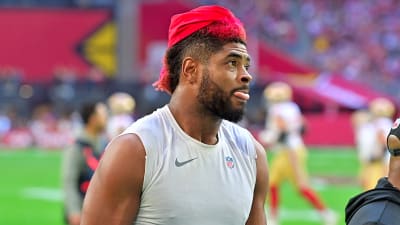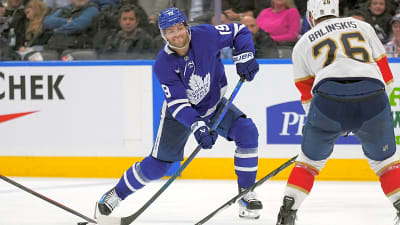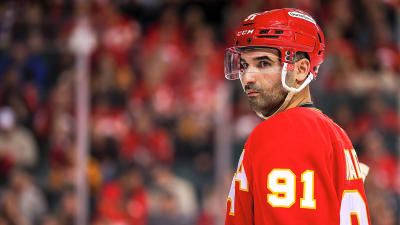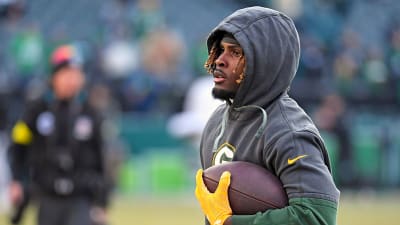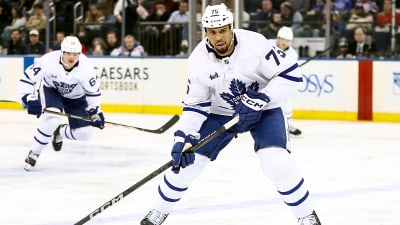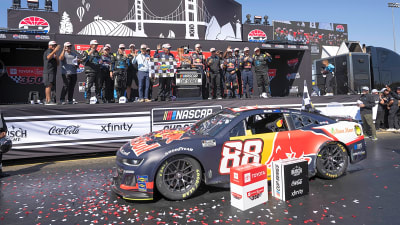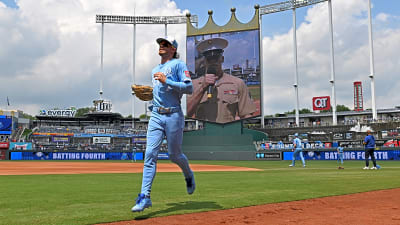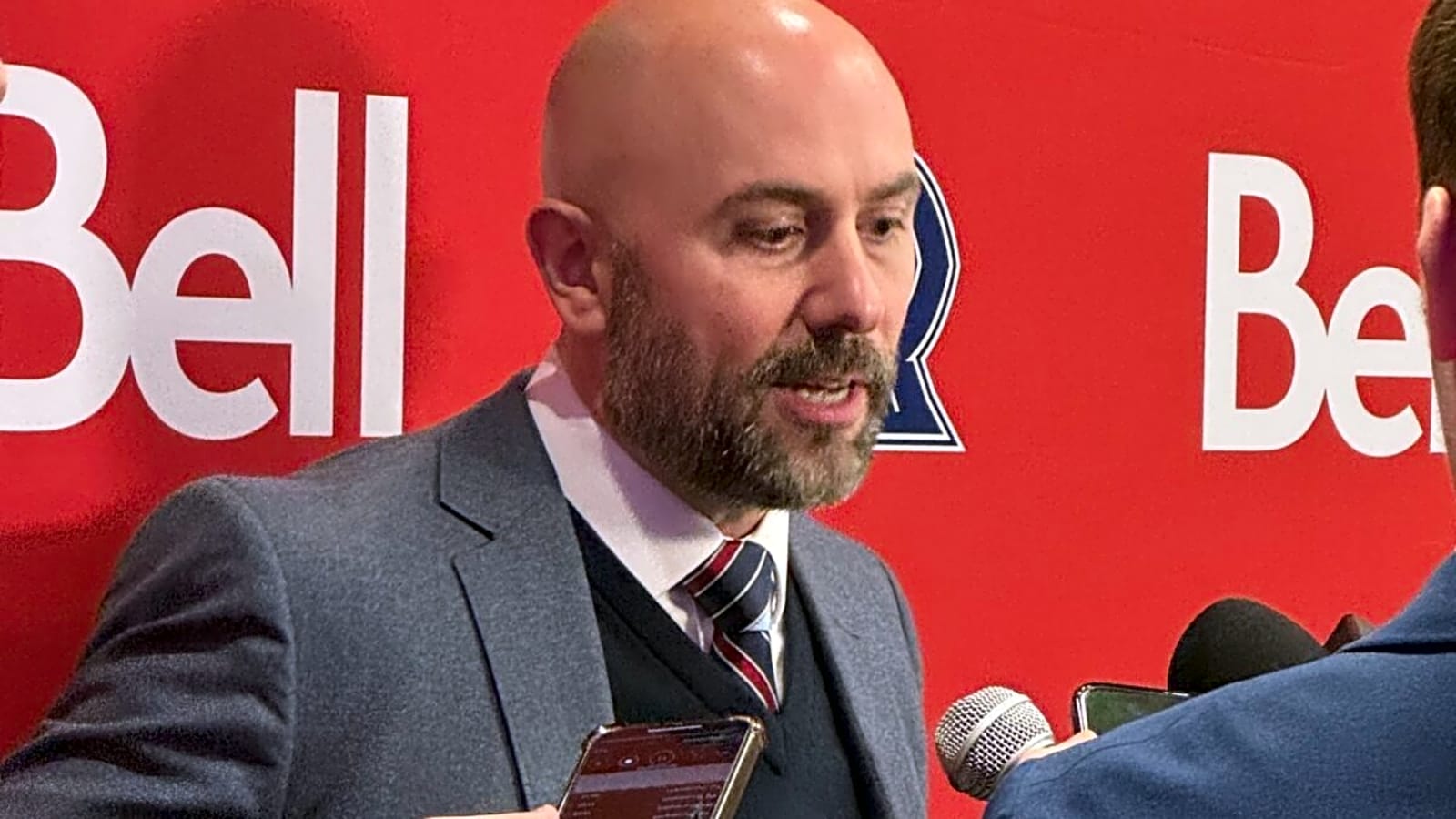
For several years, the Montreal Canadiens’ development system was a weak spot in the organization. Both the American Hockey League’s Laval Rocket and the ECHL’s Trois-Rivières Lions struggled to build consistency or relevance, and neither team had much to show in terms of player development or winning culture.
Over the last few seasons, the Canadiens have made a clear and deliberate effort to overhaul their developmental pipeline. With smarter personnel decisions, an emphasis on youth, and a renewed focus on culture at all levels, the results are now beginning to speak for themselves. For the first time in a long time, not one, but both of Montreal’s primary affiliate teams are enjoying deep playoff runs. The Rocket and Lions are each among the final teams standing in their respective leagues, and they’re doing it with rosters filled with promise.
Laval Rocket
The Rocket were a powerhouse in the regular season, finishing with a league-best 48-19-5 record. Their impressive campaign didn’t stop there, as they’ve now earned a spot in the Eastern Conference Final where they’re battling the Charlotte Checkers. But Laval’s success isn’t just about the wins. It’s about how they’re winning, and who’s helping them do it.
This is not a veteran-heavy roster built to bully its way through the AHL. Laval has become a team focused on real development, where the Canadiens’ young talent is getting opportunities in meaningful games. No less than seven players currently in the Rocket’s playoff lineup have appeared in at least one NHL game with the Canadiens this season. That type of synergy between the AHL and NHL clubs is a major step forward for an organization that once lacked such connectivity.
The goaltending situation is a prime example. Cayden Primeau has been a steady presence throughout the playoffs in Laval. But that’s not stopping the team from starting Jacob Fowler, the team’s top goalie prospect. Both have appeared in five games throughout the first two rounds for Laval. The decision to alternate or rotate these two netminders, rather than locking in a more experienced option, highlights the organization’s long-term vision. They are putting development first, giving young players high-stakes minutes to grow their game, even in a championship run.
It’s not just in net. Players like Logan Mailloux, Joshua Roy, and David Reinbacher have taken steps forward in their progression, benefiting from Laval’s strong support system. Even with a winning mandate, the Rocket haven’t compromised on development, something that simply wasn’t the case a few years ago.
Trois-Rivières Lions
While the Rocket’s rise has earned headlines, the Lions’ story is equally, if not more remarkable. They had never made it past the first round of the playoffs before this year. Now, they’ve written a different narrative altogether, blazing a trail all the way to the Kelly Cup Final. They finished the regular season with an excellent 45-19-8 record, placing fifth in the overall ECHL standings, and then turned up their game another level when it mattered most.
The Lions overcame obstacles all season long. Their crease, for example, was a revolving door with four different goaltenders, each played at least 10 games throughout the season. That level of turnover in such a crucial position would derail most teams. But Trois-Rivières never blinked. They adjusted, trusted their system, and kept finding ways to win.
Their playoff run is a clear sign that the ECHL affiliate has become a relevant, valuable extension of the Canadiens’ development chain. Players who might not be ready for Laval or who need more ice time to refine their game now have a legitimate place to grow, learn, and compete for championships. The Lions are no longer an afterthought, they are part of the foundation.
The increased competitiveness of the Lions also improves the depth and flexibility of the development pipeline. It creates a healthy internal competition between prospects and gives the Canadiens more options when managing player progression across different levels.
Organizational Culture Shift
What we’re seeing now is the result of a strategic shift that started a few years ago. With a new management group in place, led by Kent Hughes and Jeff Gorton, the Canadiens placed a renewed emphasis on development, structure, and sustainability. The focus has shifted from patching solutions to long-term growth, and it’s paying dividends.
Look no further than the current landscape. In Montreal, young core pieces like Nick Suzuki, Cole Caufield, Juraj Slafkovsky, Kaiden Guhle, and now Lane Hutson have become key building blocks. But the movement doesn’t stop there. Behind them is a second wave, forming and thriving in Laval and Trois-Rivières. It’s a development ladder that’s finally functioning like a true system, and one that could provide the Canadiens with a competitive edge for years to come.
Not only are the Habs building a young, exciting NHL roster, but their development system is now one of the most promising in the league. From the top down, the Canadiens organization is proving that it can nurture talent, compete at every level, and set the foundation for sustainable success.
More must-reads:
- NHL's 2025-26 opening night slate is a showcase opportunity for the league
- British Open Championship: Three longshots who can win at Royal Portrush
- The 'No. 1 overall MLB Draft picks' quiz
Breaking News
Trending News
Customize Your Newsletter
 +
+
Get the latest news and rumors, customized to your favorite sports and teams. Emailed daily. Always free!
